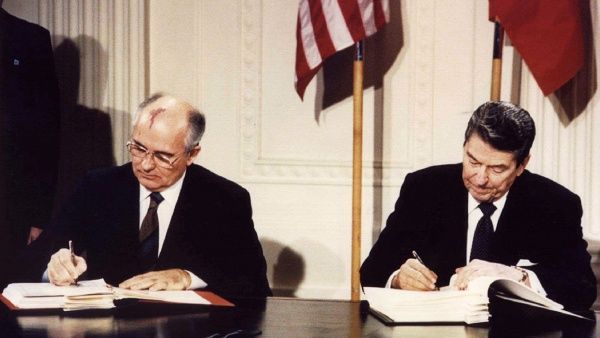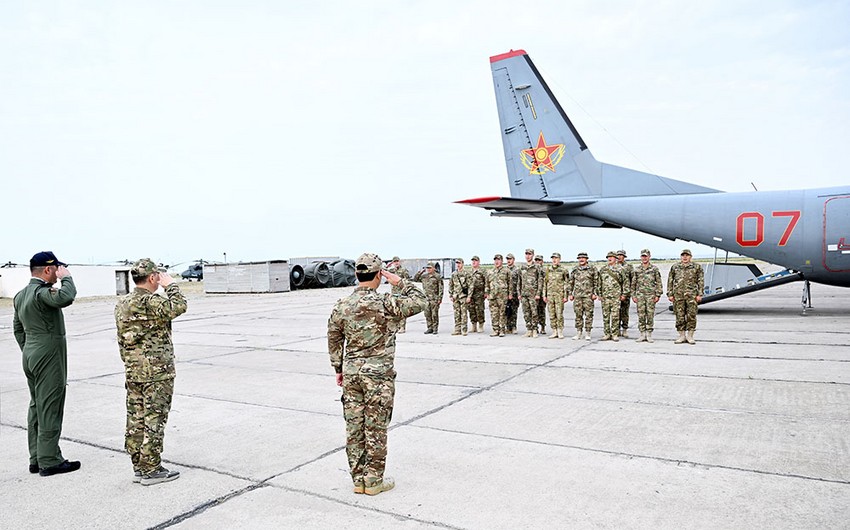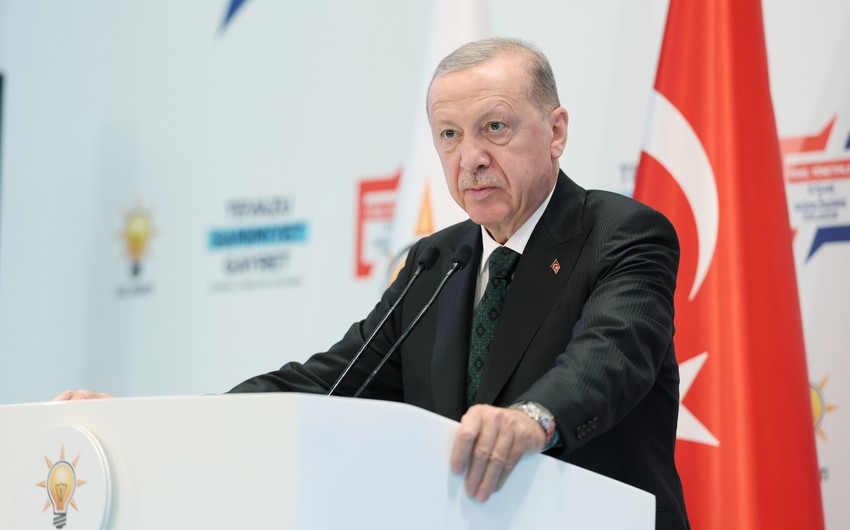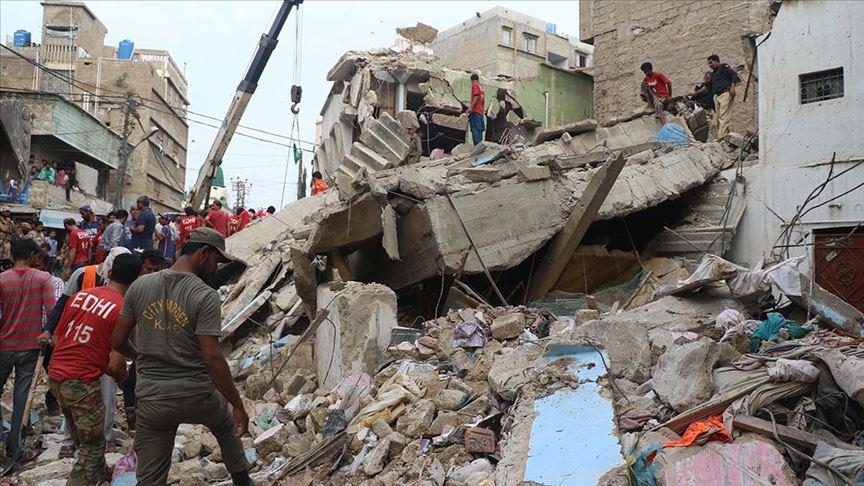The reluctance of both sides to reestablish the treaty cause a thread for the world to suffer a new war - the Expert said.

Neither Russia nor the United States has displayed much political will or persistence in seeking a compromise or taking unilateral steps to rescue the treaty. It is clear that neither side has considered saving the INF treaty—not to mention the arms control regime as a whole—an important enough of an issue, such that it would be worth overcoming the situational interests of individual government agencies, the pressure of hardline political groups, and the general atmosphere of the U.S.-Russian confrontation.
Russia is quick to blame the United States for the treaty’s demise. Indeed, it was Washington, not Moscow, that made compliance issues public and officially expressed doubts about the treaty’s value. And now it is Washington that is casting aside the long-standing tradition of separating strategic arms questions from other aspects of the bilateral relationship.
The consequences of the INF Treaty’s demise are obvious. In addition to dismantling important verification mechanisms, the U.S.’s withdrawal from the treaty represents a new escalation in the already fraught U.S.-Russian relationship. The INF Treaty carries similar political significance as the 1972 Anti-Ballistic Missile (ABM) Treaty. Moscow is likely to use the Trump administration’s withdrawal as propaganda: to this day, Russian leaders still remind their American counterparts that George W. Bush’s decision to withdraw from the ABM Treaty was the very move that reversed the positive trend of the post-Soviet bilateral relationship.
More importantly, a core pillar of the U.S.-Russia relationship is in peril: since the early 1970s, strategic arms control has been a foundation of the relationship. Following the collapse of the Soviet Union, Moscow and Washington have struggled to define an alternative core for almost three decades—for instance, the New START Treaty, not Russia’s accession to the WTO or the repeal of the Jackson-Vanik amendment, was considered the main accomplishment of the Obama administration’s “reset” policy. As the extension of the New START Treaty is also up in the air, removing the centrality of strategic arms control not only deprives the U.S.-Russia relationship of its special status in global politics but also drastically reduces both countries’ importance to one another.
Moreover, Russia and the United States will not be the only countries to suffer. The possibility of deploying intermediate-range missiles creates new risks for Europe. The U.S. withdrawal was an unwelcome surprise for its European allies—German Foreign Minister Heiko Maas was one of the first foreign politicians to react negatively to Trump’s announcement.
It is also clear that the problem of nuclear arms will not fix itself. No, it will only grow worse unless Moscow and Washington start cooperating to resolve it. The risk of conflict will grow, along with the cost of a new arms race, and critics will become increasingly outspoken. Moreover, this is growing threats of a new war over the world. This means that Moscow and Washington will eventually have to resume talks.
If this is the case, the task is to shorten the pause as much as possible and make the resumption of the talks as simple as possible. There are at least four ways of doing this.
First, even the absence of formal obligations under the INF Treaty or the New START Treaty cannot stop the sides from honoring them de facto. The analysis of the Russian and American nuclear modernization plans shows that the sides do not intend to move beyond the existing agreements. An informal arrangement or at least a silent agreement to maintain the status quo in the nuclear sphere would definitely help Russia and the United States avoid serious problems and additional expenses. The ball is in Moscow’s court in this case because it will be technologically and geopolitically easier for Moscow to take advantage of Washington’s decision to withdraw from the INF Treaty.
Second, any Russian-US consultations on the principles of strategic stability would be useful in the first or second track or even between them. It would be naive to expect a breakthrough, but a continued interchange between the sides would have a positive psychological effect. Besides, this dialogue, as well as respect for the common strategic culture and the accumulation of new ideas, would allow them to sooner move over to concrete talks when the political conditions for this come about.
Third, a pause in Russian-US cooperation on strategic arms could be used to gradually involve other nuclear powers in these discussions. Of course, this extremely difficult task calls for great patience and tact, but the sides will have to do it eventually anyway. Washington’s withdrawal from the INF Treaty is an opportunity to start considering ways to do this, because the demise of the treaty has a direct bearing on all members of the nuclear club.
And fourth, in this situation, Russia and the United States should focus on preparations for the 2020 Review Conference of the Parties to the Treaty on the Non-Proliferation of Nuclear Weapons (NPT). Withdrawal from the INF Treaty and, more importantly, refusal to extend the New START Treaty would create major risks for the global non-proliferation regime, and the next NPT Review Conference may turn out to be the last. This will not benefit Moscow or Washington, and so a common interest in preserving the non-proliferation regime may provide a major incentive for maintaining Russian-US cooperation, even if in a limited scope.
The ongoing situation is not the jeopardy for only US and Russia but also for global interests which tarnish international relations and peaceful attitudes. If two prominent contries refuse to come close to solutions of the problem it will lead to a dangerous move to nuclear escalation.
Elnur Mammadli










